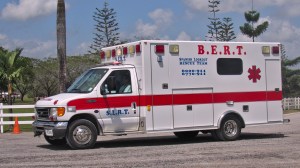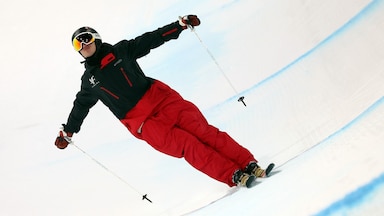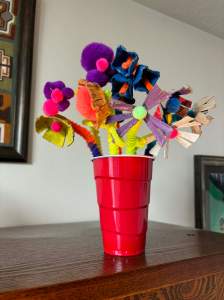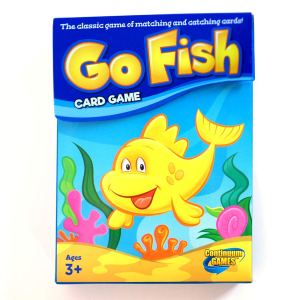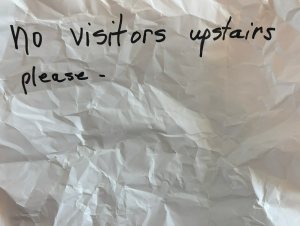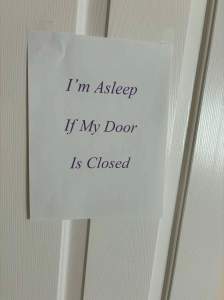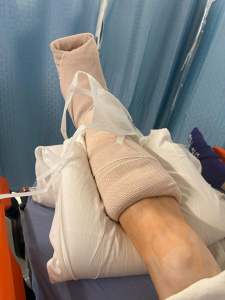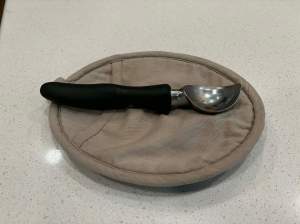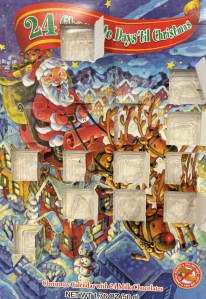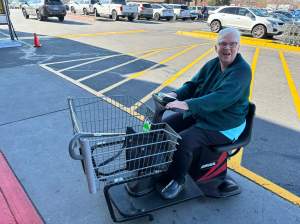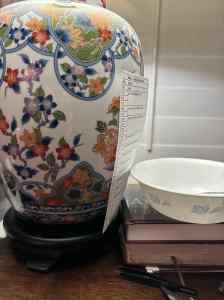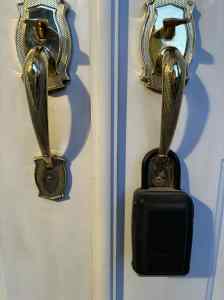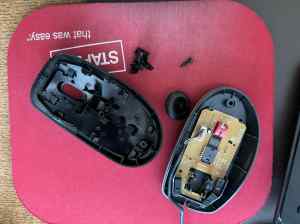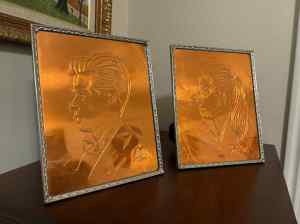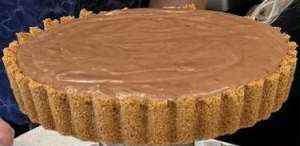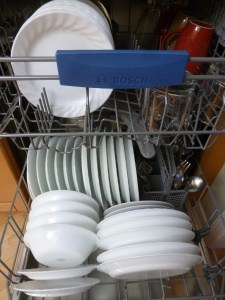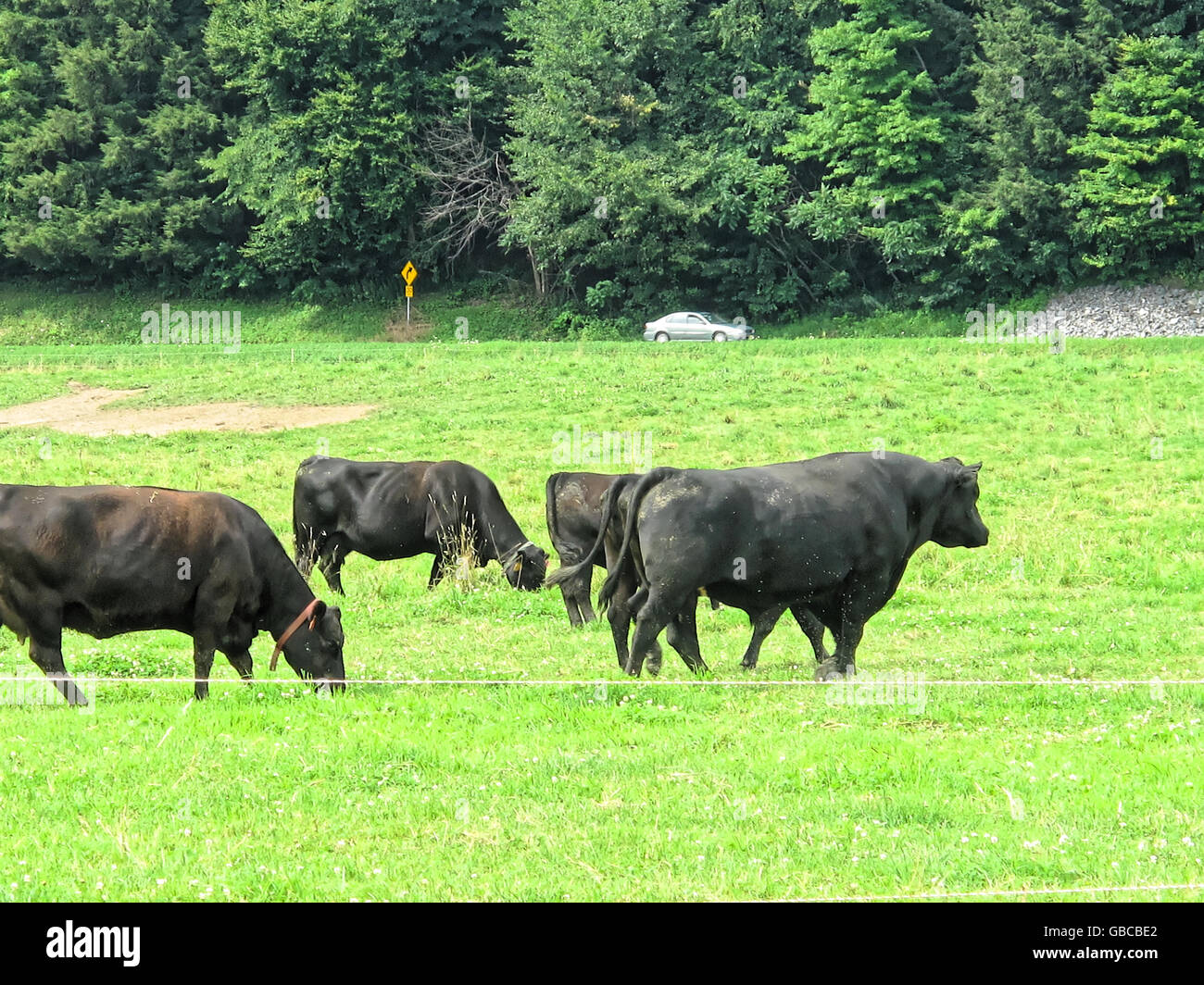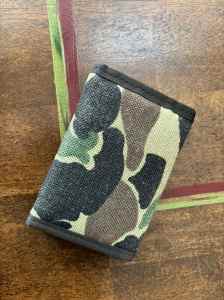
For decades I had admired Dad’s black leather wallet: not a bi-fold or tri-fold, but a full-length wallet holding his ID cards and credit cards and unfolded cash. A real man’s professional wallet, I fancied as his worshipper and shadow follower for years. A sophisticated man’s wallet. The wallet of an intellectual. When Dad died, I secreted the wallet, with his cards and cash, in my bedroom, knowing where it was if it were needed. Out of loyalty and transparency with Mom (and the estate), I told her that I had the wallet, what was in the wallet, and where I had hidden the wallet in my bedroom. Dad had another wallet, at least one that had been given to him, but never used: a nylon and Velcro camouflage tri-fold. Mom asked every member of the family who came into her orbit if they wanted Dad’s camo wallet. The stiff, green, empty thing had no meaning to anyone, and no one wanted it. But Mom really wanted someone to have “Dad’s wallet.” My lovely sister, Jeanette, also did not connect with the camo, but mentioned offhandedly to Mom how she much had admired Dad’s black leather wallet. Sometime later—how long I don’t know—I went to the hiding place to retrieve Dad’s wallet, for his social security card. Instead of the black leather wallet, I found the plastic camo wallet, complete with all Dad’s cards and cash neatly cached. The implications of what had occurred crashed in around me: Mom had snuck into my room, had opened my drawers, had rummaged through my things, and had snuck the old wallet out, replacing it with the cheap camo, and transferring all the contents. I could almost hear her thinking, I’ll move everything into the plastic wallet, so it’s okay. I approached Mom with the camo wallet raised, and said to her evenly, “Mom, I’m going to try very hard to be calm as I talk to you,” and then proceeded very uncalmly to ask her, “What is this!” She seemed befuddled, and offered that she could ask Jeanette to return the leather wallet. “It’s not about the wallet,” I responded. “It’s about you sneaking into my room and getting into my stuff. Stop sneaking around!” I left her in tears as I stormed from the room. Oy vey. Jeanette felt terrible when I told her the story, and offered to return the wallet. Among other things, I told her I was very happy for her to have Dad’s wallet as a family keepsake—and I meant it. My feelings weren’t about the wallet.
